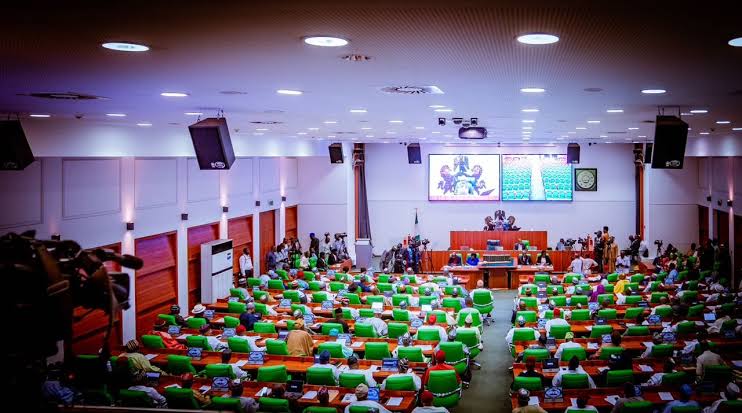
The Speaker of the House of Representatives, Rep. Abbas Tajudeen, has officially withdrawn a proposed bill that sought to make voting compulsory for all eligible Nigerian citizens.
Co-sponsored by Hon. Daniel Asama Ago, the bill aimed to amend the Electoral Act 2022 to enforce mandatory voting as a strategy to deepen democratic engagement.
In a statement released Monday by his Special Adviser on Media and Publicity, Musa Abdullahi Krishi, Speaker Abbas explained that the withdrawal came after “extensive consultations with a broad spectrum of stakeholders” nationwide.
“The bill was introduced with the best of intentions—to promote civic responsibility and strengthen our democracy by boosting voter participation,” the statement noted.
The bill had passed its second reading in the House on March 21, 2024, sparking significant public debate among lawmakers, civil society groups, and citizens.
Supporters of the proposal argued it would improve voter turnout, while critics voiced concerns over potential infringements on personal freedoms and the practical challenges of enforcement in Nigeria’s diverse electoral environment.
Speaker Abbas referenced global examples where compulsory voting has resulted in over 90% turnout rates, including countries like Australia, Belgium, and Brazil. Yet, he stressed that Nigeria must adopt reforms aligned with its own realities and public opinion.
“Lawmaking must serve the people, and any reform must uphold individual liberty,” he said.
Instead of mandating participation, Abbas expressed a commitment to pursuing voluntary and incentivised approaches—particularly those that encourage youth and first-time voters to engage in the democratic process.
“This withdrawal will allow time for further dialogue on how best to cultivate a culture of voluntary participation that honours both our democratic ideals and the rights of our citizens,” the statement concluded.
The bill elicited mixed reactions from Nigerians, with many urging continued efforts to tackle the underlying causes of voter apathy, such as electoral violence, distrust in the electoral system, and logistical difficulties on election days.








